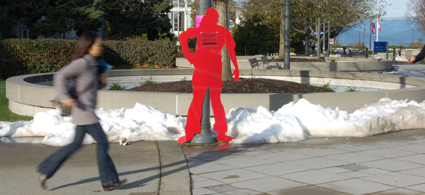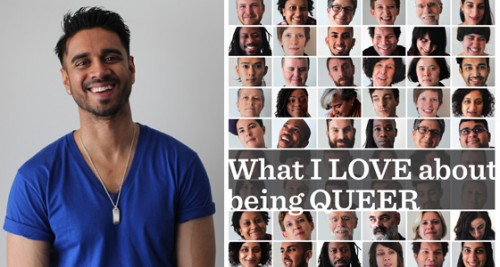By Helena Zhu, Women Students Program Assistant, Access & Diversity
During my time working as the Women Students Program Assistant at Access and Diversity, I have come to understand more deeply that sexual assault remains prevalent on campuses, women continue to be underpaid in the workplace, and violence, particularly domestic violence, persists to be a reality for many women.
December 6th is the National Day of Remembrance and Action on Violence Against Women. Canada established the day 25 years ago following an armed man’s killing of 14 women at l’École Polytechnique de Montréal on Dec. 6, 1989. These violent acts were against women in the School of Engineering. They were targeted solely because they were women studying a program that had been traditionally viewed as a male discipline. As a non-engineering student, I wonder how this impacted and continues to impact women in Engineering and what the resonances are for women in what has been termed “non-traditional” workforces.
This year marks the 25th Anniversary of the Montréal Massacre. Some could argue that progress has been made but I question if it has. American news outlet the Verge reported two weeks ago that Anita Sarkeesian, creator of the popular Tropes vs. Women video series and who’s work challenges online harassment and sexist representations of women in video games, received a mass shooting threat because of her feminist perspective and challenges to video game industry – which is largely male driven.
Sarkeesian was scheduled to speak at Utah State University’s Center for Women and Gender on Oct. 15. However, the Director of the Center, along with other individuals, received an email from an unknown author who claims to be a Utah State student. The author threatened a “Montreal Massacre-style attack” if the Center did not cancel Sarkeesian’s talk. Faced with security fears, Sarkeesian cancelled the talk. Sadly, this is only one of many incidents of this nature.
Violence against women is not a women’s issue, it is an issue for men and people of all genders, as Dr. Jackson Kats, an expert on gender-based violence, argues in his TEDx talk. Campuses should be safe places to study, socialize, and learn. They should not be places of violence. It takes a society to eliminate gender-based violence, and with University of British Columbia’s 58,284 students, 10,041 staff, and 5,130 faculty, let’s take up this call to action and make change here on campus and at home.
I deeply believe in the value of education and awareness. Through my work, and through researching this blog post, I have become more educated about gender-based violence and its prevention. As university students, we have the privilege that many others don’t have, which is to challenge our thinking by engaging in dialogue and taking action. Below, you will find four Dec. 6 related events that you and your friends can attend and participate in.
14 NOT FORGOTTEN MEMORIAL SERVICE
Tuesday, November 18, 2014, 12:30 p.m.
The Wayne and William White Engineering Design Courtyard
PANEL DISCUSSION: AN EXAMINATION OF DECEMBER 6TH: 25 YEARS LATER
Tuesday, November 25, 2014, 12-1 p.m.
Simon K. Y. Lee Global Lounge, Media Room, Building 1, 2205 Lower Mall
T-SHIRT SILKSCREENING WORKSHOP
Tuesday, November 25, 2014, 7-9 p.m.
Place Vanier Residence, Boardroom
CANDLE VIGIL
Friday, December 5, 2014, 10 a.m.-4 p.m.
SUB Main Concourse


